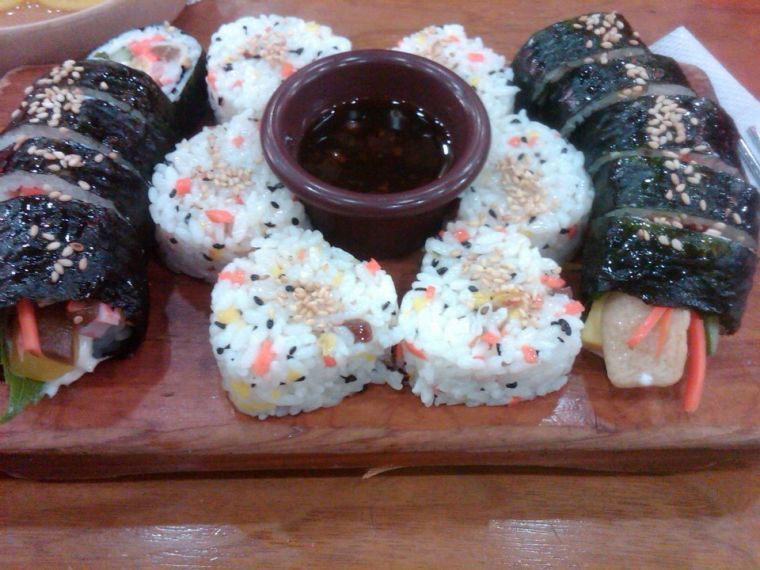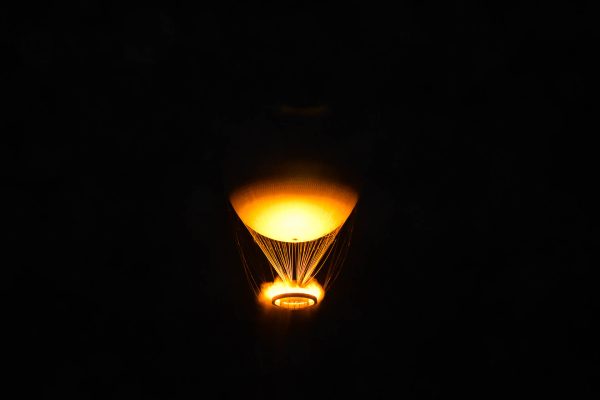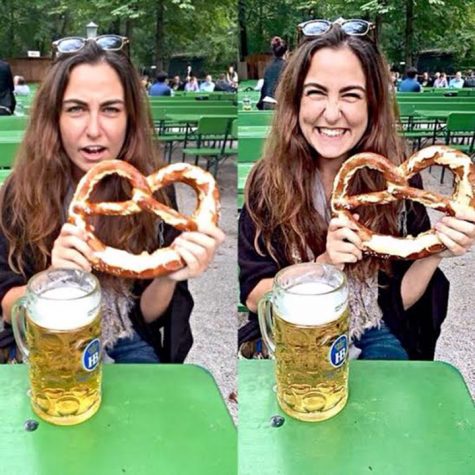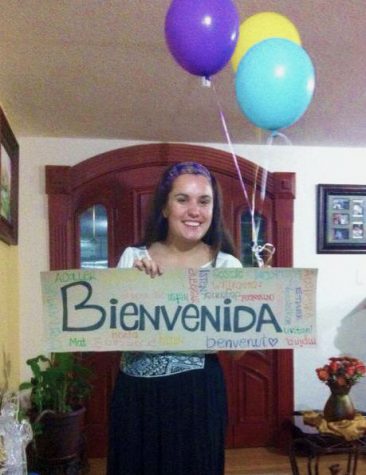SEOUL: Habits I’ll bring back with me
I’ve been here a little over two months now, but time goes by so quickly it feels like just a few weeks. Still, I noticed there are lots of small changes I’ve made to my daily life in my time here, more than I was originally aware of. With my study abroad experience over halfway done now, I can’t help but think about what life will be like once I’m back in Texas. I might not have been here too long, but I have a feeling some of these newly-acquired habits will be pretty hard to drop upon my return. Here are just a few:
1) Never tying my shoes
Ever. In Korea, you take your shoes off whenever you enter a room. Every time. Period. Keeping them on is the equivalent of dragging a piece of roadkill across the floor. This can be sort of annoying if, say, I’m wearing 12-eyelet combat boots and realize the second I finish tying them that I left homework on my desk.
Most people here wear shoes that are pretty easy to step into– either slip-ons of some kind, or sneakers with the laces tied loosely. So to save myself time and the trouble of hopping around on one foot while trying to tie a shoe in the small entryway to my room, I’ve adopted the loose-laces strategy for myself. Most of my shoes now feel much roomier but are slightly more likely to fall off at any given moment. I honestly can’t remember the last time I tied the laces on the Converse I’m wearing right now. They’re basically Crocs.
2) The Reverse Hiss
This is the most unexpected habit I’ve picked up since being in Korea. My first week here, I noticed that whenever I’d talk to Korean students, they would often make a certain sound with their mouths– similar to “umm” or “like,” a filler word of sorts. But it isn’t really a word, just a sharp intake of breath through clenched teeth, sometimes accompanied by a slight head shake. It’s proven to be a very useful and flexible sound. I’ve seen it mean anything from “let me think” to “I’m not sure” to “what you just said sounds physically painful.” I strongly urge everyone reading this to adopt the Reverse Hiss into their lexicon. It lets you hesitate without sounding stupid, more like an intelligent snake or some very wise fajitas.
3) Chopsticks + spoon
I’m a convert. The western tradition of knife and fork has nothing on the power of chopsticks and a giant spoon used in tandem. With that duo, I can pick, grab, scoop, and mix any food that comes my way, all without leaving behind unsightly holes or having to saw a blade back and forth across my plate. Not to mention it makes me feel much daintier and slightly less barbaric. No stabbing required.
4) Tuning out most conversations
In any given coffee shop or restaurant, I understand maybe 2% of what people are saying around me. With my Korean language class, I hope to increase that to 4% by the end of the semester. Since I understand so little at the moment, I’ve grown accustomed to processing almost all surrounding conversations as total white noise. The plus side of this is that it’s a lot easier for me to concentrate on any reading or homework I might be doing. On the other hand, I’m bracing myself for the sensory overload that will probably happen when I return to the US, go to a café, and actually understand everything that everyone is saying. There will be so many words to listen to! How distracting!
5) Bowing all the time
I bow more times a day than I can count. Restaurant workers, teachers, staff, basically anyone older than me… I feel like I’m perpetually bent at the waist at a 25-degree angle. It comes second-nature now, so I’m sure there will be some carry-over when I come back to Texas. Sorry in advance for excessive bowing.
6) RICE.
I knew rice was a very big part of the typical Korean diet. I was totally okay with this, and still am. But I don’t think I realized just how big a part it is. I literally eat rice at every meal, including breakfast. My third stop once I land in Dallas (after a Tex-Mex restaurant and Half-Price Books) will be Target to buy myself a rice cooker. I don’t know how I lived this long without one. I also have no idea how to use one, but I’ll worry about that later.





